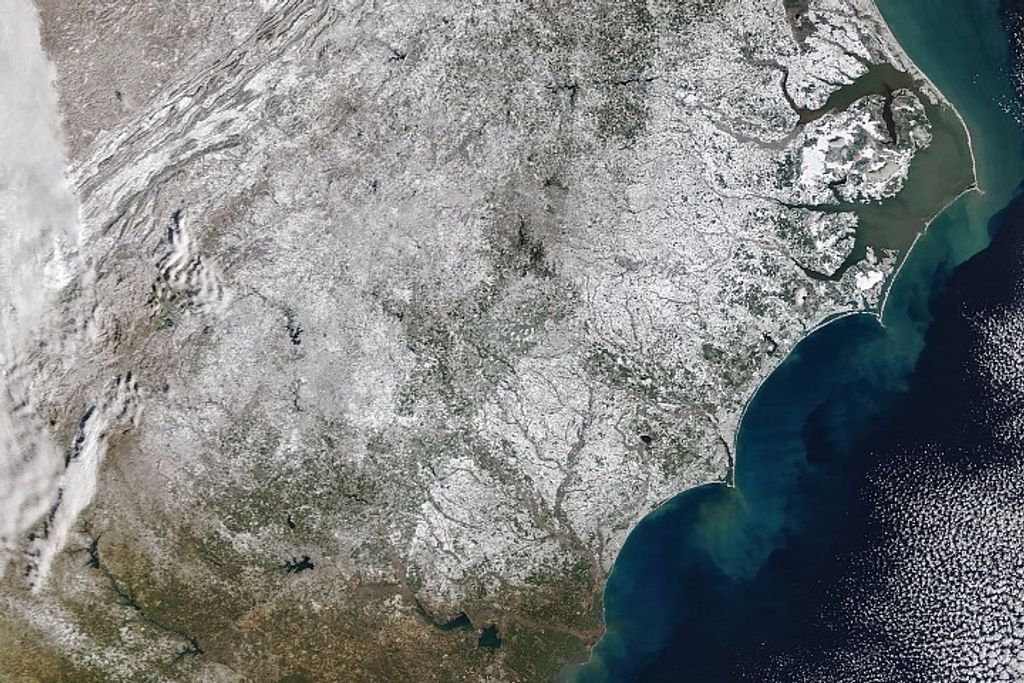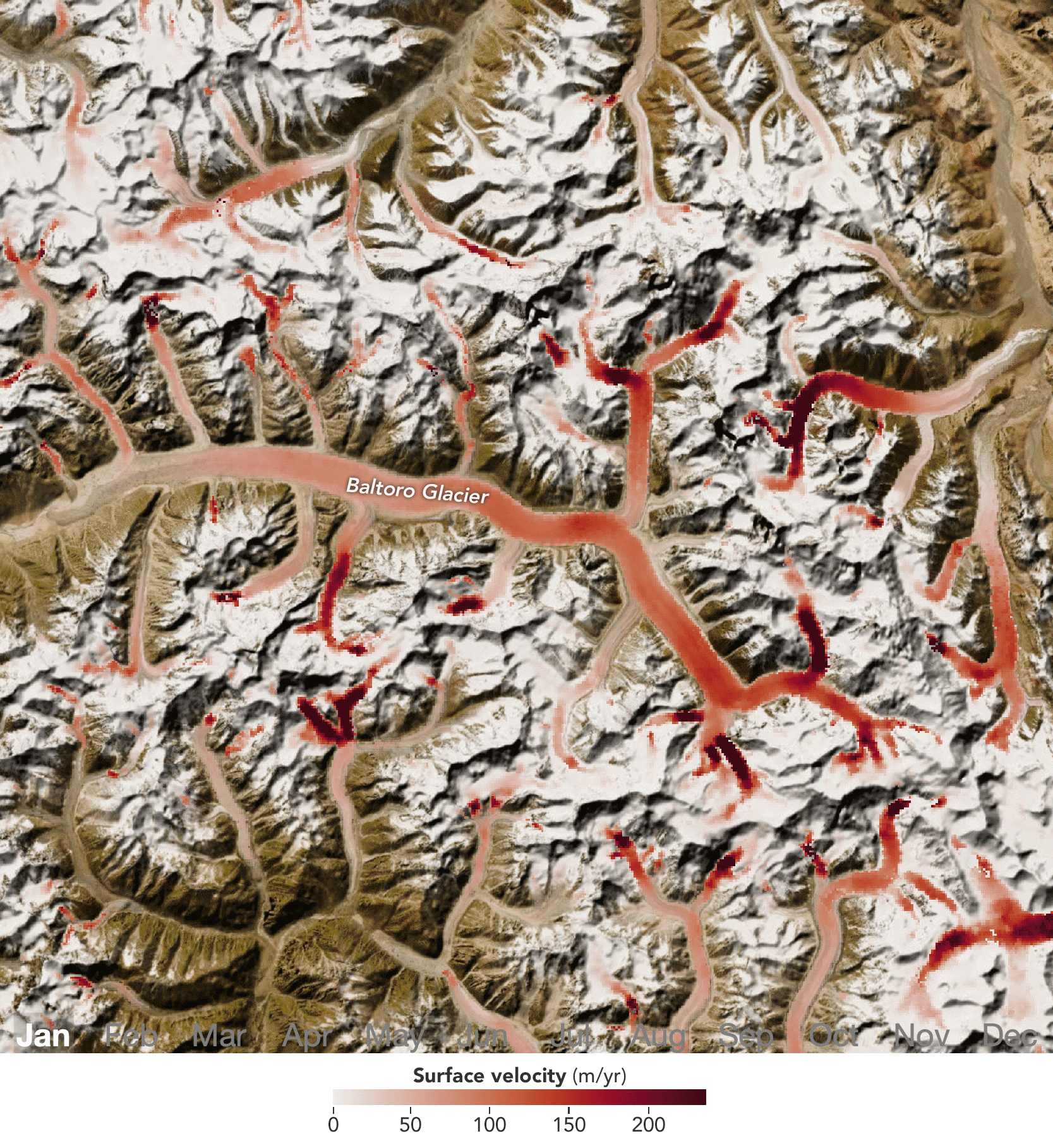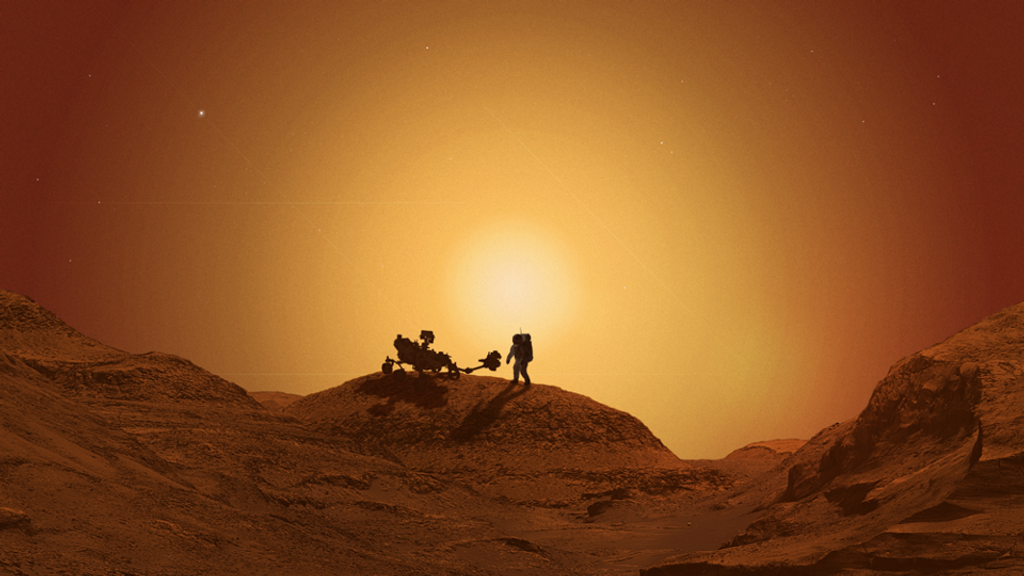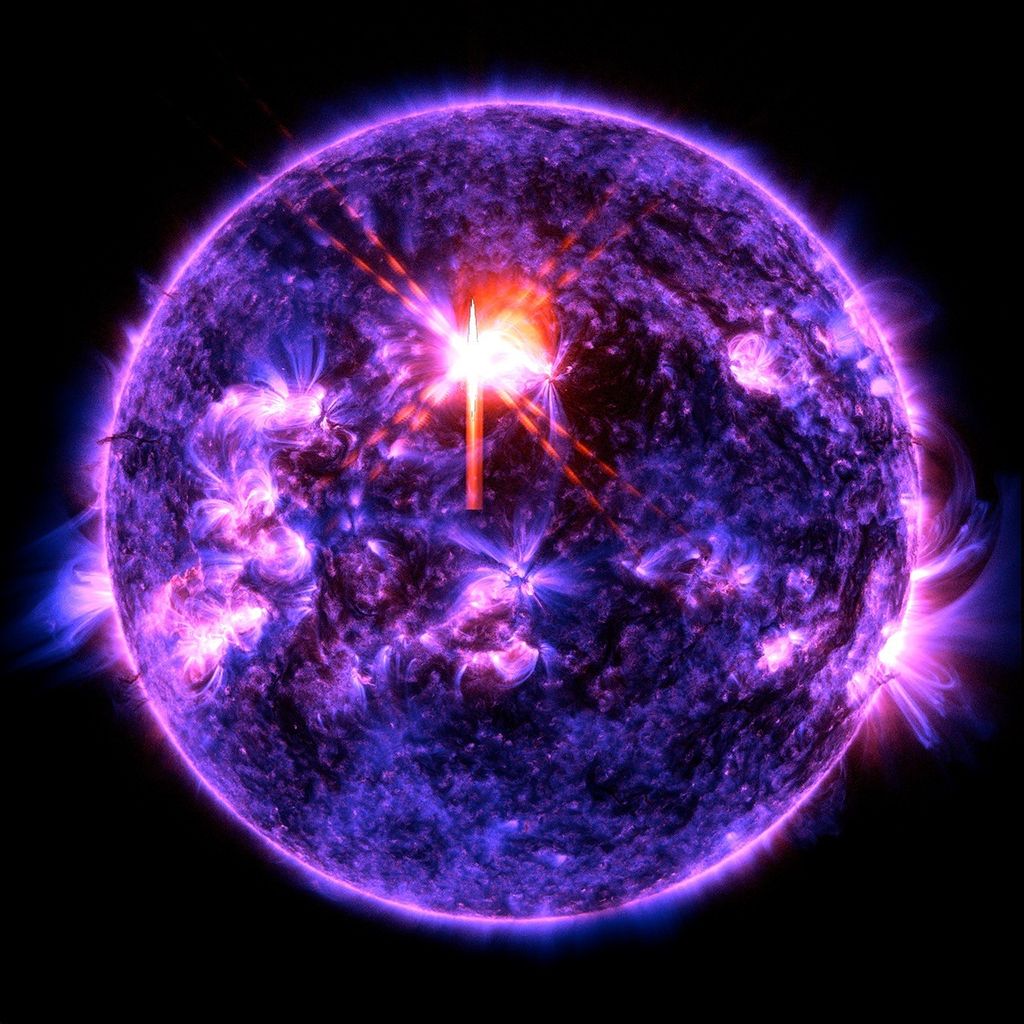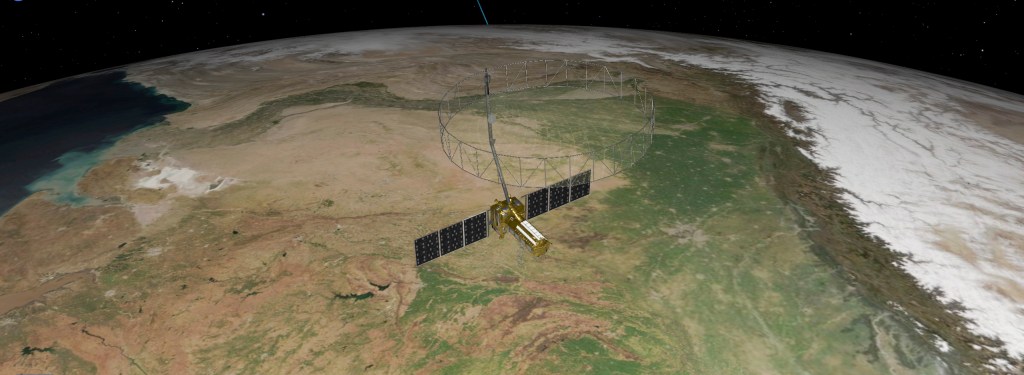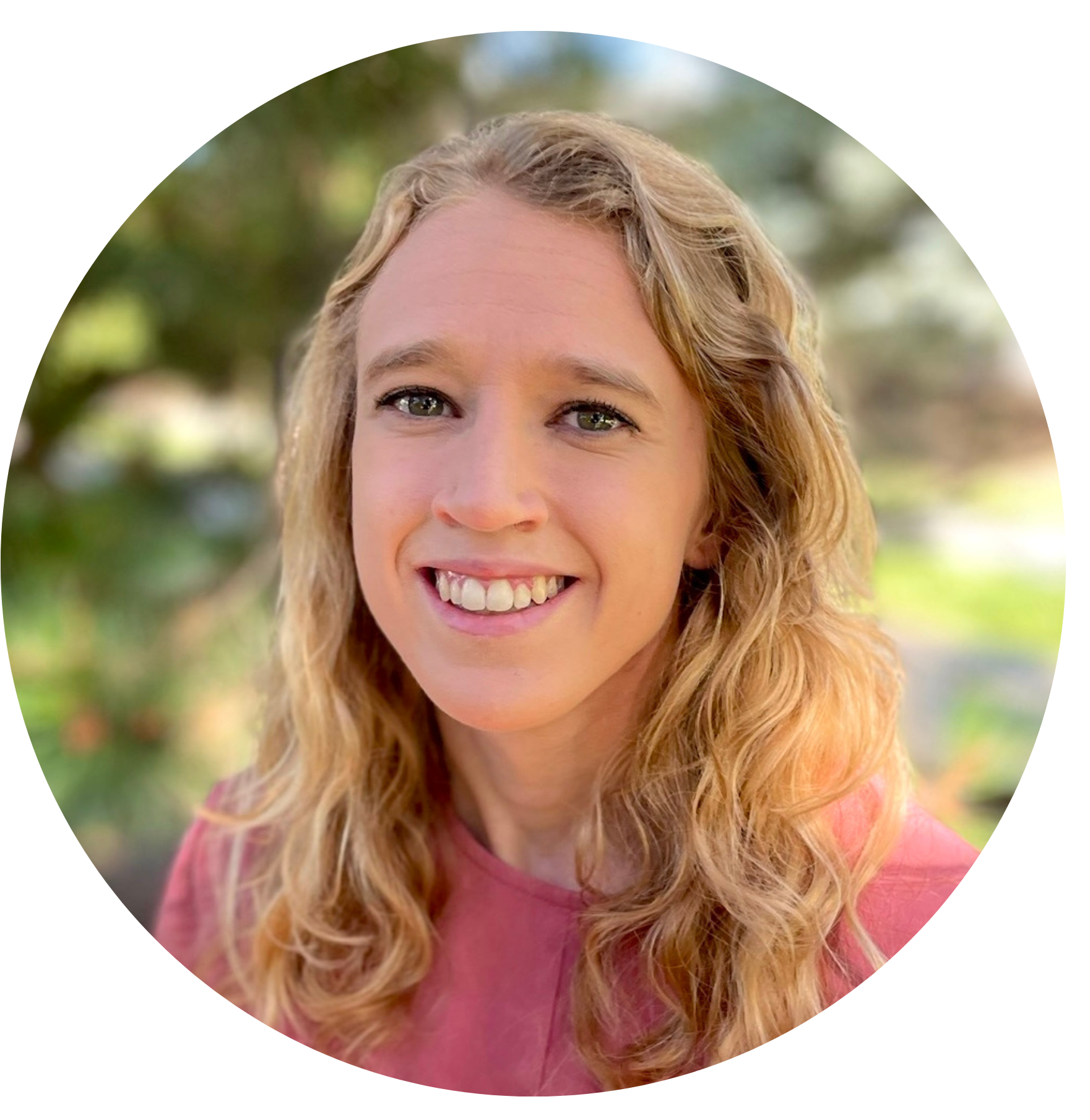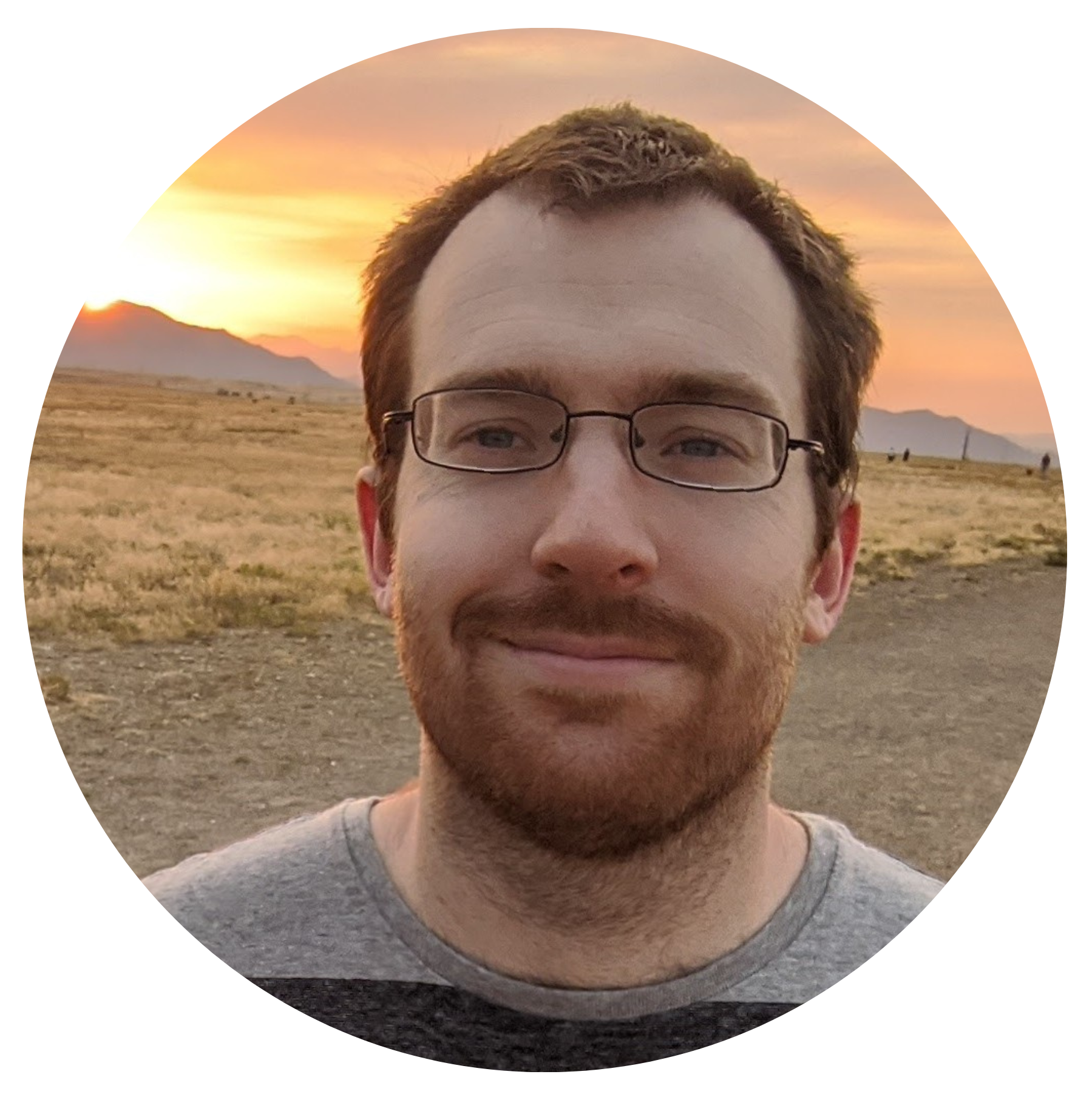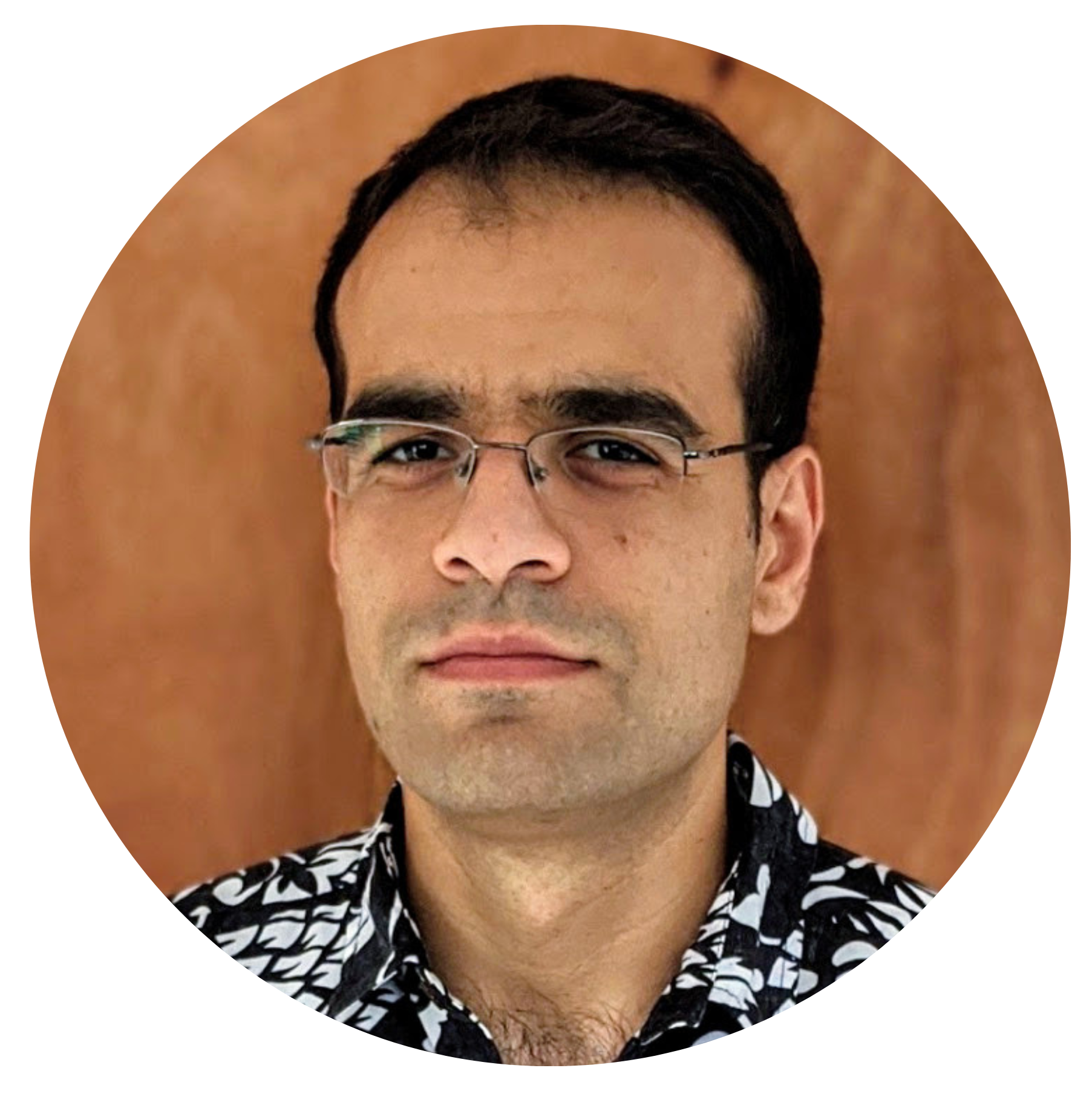NASA has awarded Nancy Grace Roman Technology Fellowships (RTF) to three early-career researchers in astrophysics for the class of 2022. The program will support the advancement of their ideas for new technologies to further the exploration of the universe.
This annual fellowship gives researchers the opportunity to develop the skills necessary to become principal investigators (PIs) of future astrophysics missions, and fosters new talent by putting early-career instrument builders on track towards long-term positions. Specifically, the fellowship facilitates the development of skills necessary to lead astrophysics flight instrumentation development projects, as well as the development of innovative technologies that have the potential to enable major scientific breakthroughs.
Since the RTF program was established in 2011, all 28 researchers who have previously been awarded the fellowship are still active in careers within the fields of astrophysics or planetary mission development. In 2023, three additional fellows were competitively selected, making the total 31 researchers who have been awarded this fellowship since the program began.
“The RTF program has been successful in enabling over 30 early-career experimental astrophysicists to pursue their career goals in the field of astrophysics and space sciences,” says Mario Perez, RTF Program Scientist and NASA Astrophysics Chief Technologist, based at the agency’s headquarters in Washington. “The fellowship also prepares them to compete for and achieve long-term positions within their research areas.”
The name of the program honors Dr. Nancy Grace Roman, the first female executive at NASA who created the agency’s first astronomical program. She is known as the “Mother of Hubble” for her foundational role in planning NASA’s Hubble Space Telescope.
The three newly selected fellows are:
Briana Indahl
Research Scientist at the University of Colorado/Boulder
Originally from: West Salem, Wisconsin
Education: B.S. in Physics and Astrophysics with a minor in Mathematics, University of Wisconsin – Madison; Ph.D. in Astrophysics, University of Texas at Austin
Research focus: My research is focused on UV instrumentation, integral field spectroscopy, and utilizing the novel capabilities of the instruments I work on to advance my own research in galaxy feedback.
What this fellowship means to me: Being awarded this fellowship marks an important milestone in my career as a researcher, where I get to transition from working under more senior scientists on their projects and ideas to beginning to define the direction of my own research and lead my own projects.
What inspired me to pursue a career as an astrophysics experimentalist: I was not aware that being an astronomer was a career I could pursue when I started college. It was when I started taking physics classes out of curiosity in my second year that I discovered my fascination with how the universe worked and a passion for learning all I could about it. I was encouraged by an astronomy professor in my third year to explore research opportunities in the department, and fortunately, I found an opening in an instrument lab in the astronomy department, working on a near-infrared spectrograph for the Southern African Large Telescope. I was lucky to receive incredible mentorship from the instrument PI, Dr. Marsha Wolf, and the project systems engineer, Don Thielman. This experience inspired me to pursue a career in research where I would not only get to explore the mysteries of the universe but also learn how to develop novel instrumentation to further discoveries in my own field.
Jordan Wheeler
Physicist at the National Institute of Standards and Technology Boulder
Originally from: St. Louis, Missouri
Education: B.S. in Physics and Mathematics, University of Missouri Columbia; Ph.D. in Astrophysical and Planetary Science, University of Colorado, Boulder
Research focus: My research is focused on building detectors for astronomical cameras, much like the sensor in a smartphone. Unlike the sensor in a phone, the detectors I work on are for the type of light that is lower energy than visible/infrared light. These wavelengths of light are known as the far-infrared and sub-millimeter. These detectors are fun to work on because industry hasn’t substantially invested in improving these types of sensors. That means there are still large gains to be made toward improving these detectors and pushing to higher pixel counts.
What this fellowship means to me: This fellowship is an opportunity for me to start building a team. I have significantly benefited from many mentors taking the time to train and teach me throughout my career. This opportunity will facilitate my own professional growth and will allow me to become a mentor to others, where I hope to pass on knowledge and skills similar to those that I gleaned from my own mentors in the past.
What inspired me to pursue a career as an astrophysics experimentalist: Working for my father at an early age in construction taught me how to build. That skill still proves valuable and transferable to my current work. I also have a strong interest in math and science but always wanted to work with my hands. Working with my older brother during my first summer internship at NASA Goddard taught me the basics and fun of astronomical instrumentation. I wouldn’t be here today without their help.
Michael Bottom
Assistant Professor at the University of Hawaii
Originally from: Belmont, Massachusetts
Education: B.A. in Physics and Math, Columbia University; Ph.D. in Astrophysics, California Institute of Technology (Caltech)
Research focus: Over the last fifteen years, our knowledge of exoplanets – that is, planets around other stars – has exploded. However, the discovery and positive identification of true Earth-like planets remains elusive, mainly due to the technical challenges required to image and spectrally characterize them. My research group focuses on developing instruments and technologies for ground and space telescopes in order to attain this goal.
What the fellowship means to me: This fellowship will let me make some important upgrades to our lab and support the next generation of students. Nancy Grace Roman was probably the first person to suggest detecting exoplanets with space telescopes, and the work supported by this fellowship will bring her visionary ideas closer to their ultimate endpoint: detecting signs of habitability on other Earths.
What inspired me to pursue a career as an astrophysics experimentalist: I always enjoyed fiddling with electronics and such as a kid, but I was really inspired during college when I got the chance to work in a research lab led by Professor Amber Miller. She was a wonderful mentor who gave me interesting projects to work on and convinced me I could do this for a career.
Are you a postdoctoral experimental astrophysicist interested in exploring the universe and searching for life beyond Earth? Do you want to help design NASA’s future fleet of astrophysics missions? Consider applying to the Roman Technology Fellowship program. More details are available here.
Media Contact
Elizabeth Landau
Headquarters, Washington
202-358-0845
elandau@nasa.gov
Editor: Rhiannon Roberts









